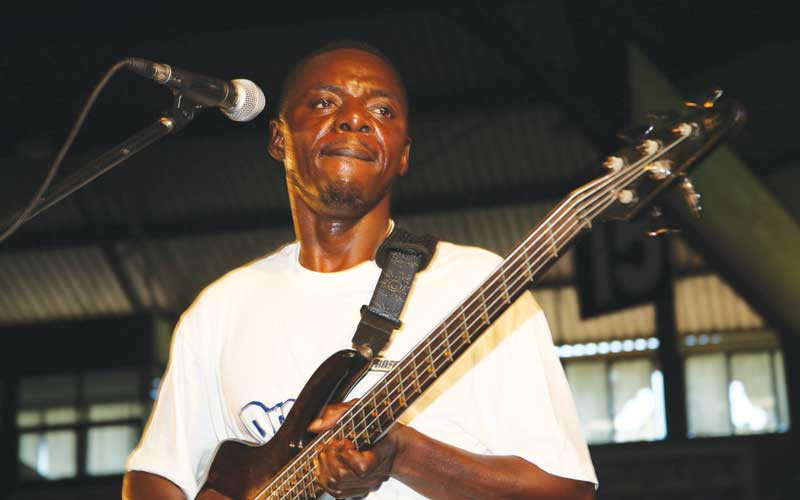
Zimbabwe Broadcasting Corporation (ZBC) has defended its steep licence fees saying they are necessary to meet operating costs.
The State broadcaster, which has often come under fire from listeners and viewers for biased programming charges $20 annually for radio fees and $50 for television per household. But in neighbouring South Africa households pay R250 or $30 annually for both radio and television licences.
ZBC spokesperson Sivukile Simango said licence fees were pegged after wide-ranging consultations.
We came to that agreement after numerous considerations and consultations, he said.
Taking into account our operating costs, the fees are justified.
This is a statutory requirement and we use that money to procure equipment and acquire programmes that we broadcast.
Simango claimed many Zimbabweans were paying their licences.
He said businesses and motorists were the most compliant while households were reluctant to pay. ZBC demands a once-off payment for the fees while in South Africa people are given an option to pay in instalments of R17 a month.
- Chamisa under fire over US$120K donation
- Mavhunga puts DeMbare into Chibuku quarterfinals
- Pension funds bet on Cabora Bassa oilfields
- Councils defy govt fire tender directive
Keep Reading
Most Zimbabweans have opted for satellite television because of ZBCs open bias towards Zanu PF, but are still forced to pay licence fees.
More listeners have dumped ZBC radio stations for the newly-licensed Star FM that is owned by Zimpapers. Commercial radio stations do not charge any licence fees.
Simango said they did not view the new station as a threat as it was complementing their efforts. We all have a role to educate, inform and entertain people, he said.
The new stations are commercial and they simply complement our efforts.
Asked whether they did not fear losing out potential advertising revenue to the new players, Simango claimed the market was big enough for more radio stations.
The advertising sector is big enough to accommodate us all, he added.











